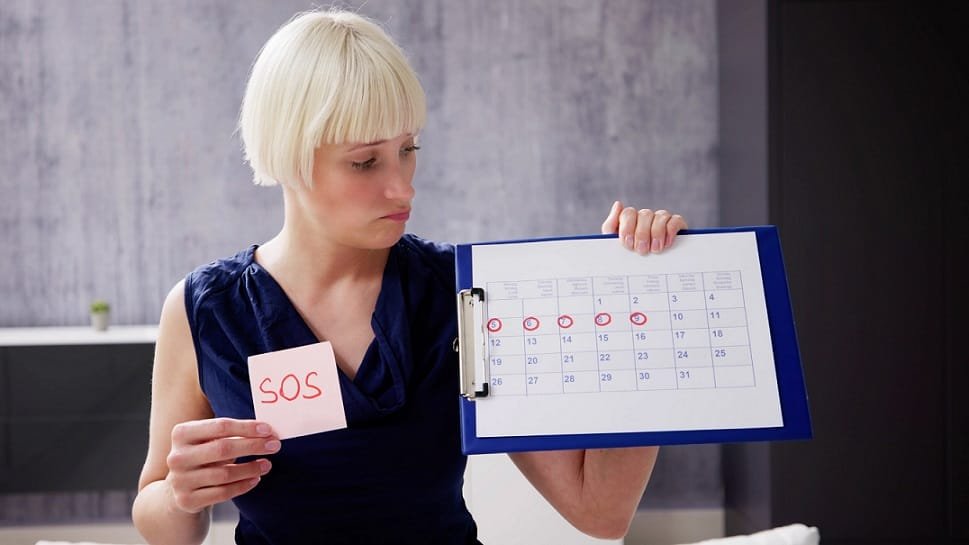Period Syncing
Does close sister hood affect periods cycles to sync? We all believe in the power of sister hood and the affects it has on woman’s mental development. But the question here is, can it actually change ones menstrual cycle to match with the cycle of women around you?
Period syncing is also known as “menstrual synchrony” and “the McClintock effect.” It’s based on the theory that when you come in physical contact with another person who menstruates, your pheromones influence each other so that eventually, your monthly cycles line up.
According to a 1999 study, 84% of participants reported knowing about menstrual period syncing and 70% said they had personal experiences with the phenomenon. But as much as some of us may want to believe our periods sync up and celebrate that feeling of camaraderie, that doesn’t been there’s any solid scientific evidence that it happens.
For over 40 years, researchers and doctors have tried to answer that question with mixed findings — but these days, the science community is fairly confident that period syncing isn’t a thing
Do periods sync for other reasons?
As the Cleveland Clinic tells us, period syncing often comes down to a simple matter of time, rather than any kind of biological phenomenon. For example, if you live with another menstruating person for at least one year, your cycle length of four weeks and your roommate’s cycle length of five weeks “will eventually… coincide and diverge again.”
The first scientific evidence of period syncing came about in 1971, with the “McClintock study.” Martha McClintock, a researcher at Harvard University, analyzed the menstrual cycles of a small sample of women living in college dorms, aged 17 to 22. Pairs with close proximity were grouped together as “closest friends” or “roommates” — and pairs that had no relationship were used as the control.
The study found that, after six months, those who were in close proximity to each other had their periods start three to seven days apart whereas the control group periods started five to 15 days apart. However, other researchers found the study’s analysis to be flawed, and many have since disregarded its findings. So no matter how endearing the concept seems, the fact of the matter is there is no concrete scientific evidence that women having a close emotional bond might get their cycle synced.
If you experience period syncing with a friend or someone you live with, it’s more likely the result of pure probability. That’s because cycle length varies from person to person. Some people have their period every 21 days, while others see their period begin every 35 days. Some people experience bleeding for a week, while others only bleed for a day or two. Some people have regular periods, while others have cycles that are less regular.
Your menstrual cycle may last for 15% to 30% of every month. With odds like that, it’s highly likely that at some point you and a friend, roommate, or coworker will both be experiencing bleeding at the same time.
Even though more recent research says women menstrual cycles don’t converge, that doesn’t mean you can’t enjoy the feeling of comfort and connection that accompanies having your period at the same time as someone close to you. So, feel free to keep on knowingly nodding when friends or family members ask to borrow a tampon. While your cycles may not be biologically syncing, you’re still going through the same thing. That really brings a sense of closeness and warmth towards each other. After all, as women we know the periods are never pleasant. And experiencing an uncomfortable time together does give one the sense of closeness. But as it may be, syncing cycles it just a case probability and nothing else, you it still comforts.
Conclusion: Period Syncing
In conclusion, while the concept of period syncing among close friends or roommates may seem endearing, scientific evidence doesn’t support the idea of menstrual cycles aligning due to proximity or emotional bonds. Instead, it’s more likely a result of pure probability, as cycle lengths vary from person to person. However, regardless of whether our periods truly sync, the feeling of shared experience and comfort during this time remains meaningful. So, even though period syncing may not be a biological phenomenon, the sense of camaraderie it fosters is a beautiful part of women’s connection with one another.




